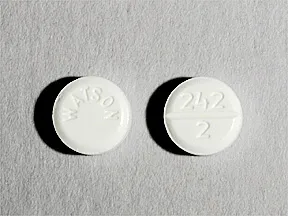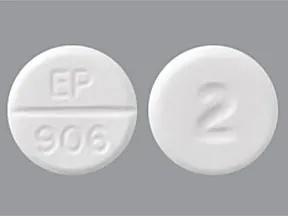

Benzodiazepines often are used for the treatment of anxiety or agitation (eg, caused by sympathomimetic, anticholinergic, cannabinoid, or hallucinogenic drug, plant, or venom intoxications). However, sedation may persist for 10 hours or longer after prolonged infusions as a result of saturation of peripheral sites and slowed redistribution.Īnxiety and agitation. The half-life is 1.5–3 hours, and the duration of effects is very short owing to rapid redistribution from the brain.

Onset is rapid after intramuscular or intravenous injection and intermediate after nasal application or ingestion.

The elimination half-life is 10–20 hours, and owing to slower CNS redistribution, its anticonvulsant effects are generally longer than those of diazepam. Onset is intermediate after intramuscular dosing. The half-life is longer than 24 hours, although anticonvulsant effects and sedation are often shorter as a result of redistribution from the CNS. Onset of action is fast after intravenous injection but slow to intermediate after oral or rectal administration. Active metabolites further extend the duration of effect of diazepam.ĭiazepam. The duration of CNS effects is determined by the rate of drug redistribution from the brain to peripheral tissues. The drugs are eliminated by hepatic metabolism, with serum elimination half-lives of 1–50 hours. All these agents are well absorbed orally, but diazepam is not well absorbed intramuscularly. Additionally, diazepam may have an effect on choline transport and acetylcholine turnover in the CNS, which may be part of the basis for its beneficial effect in victims of nerve agent poisoning (eg, sarin, VX). However, enhancement of GABA neurotransmission may blunt sympathetic discharge (and lower blood pressure elevation associated with sympathomimetic intoxications). Diazepam has been reported to antagonize the cardiotoxic effect of chloroquine (the mechanism is unknown, but diazepam may compete with chloroquine for fixation sites on cardiac cells).īenzodiazepines generally have little effect on the autonomic nervous system or cardiovascular system. Pharmacologic effects include reduction of anxiety, suppression of seizure activity, CNS depression (possible respiratory arrest when benzodiazepines are given rapidly intravenously), and inhibition of spinal afferent pathways to produce skeletal muscle relaxation.īenzodiazepines interact with other receptors outside the CNS, especially in the heart. Benzodiazepines potentiate inhibitory gamma-aminobutyric acid (GABA) neuronal activity in the CNS.


 0 kommentar(er)
0 kommentar(er)
